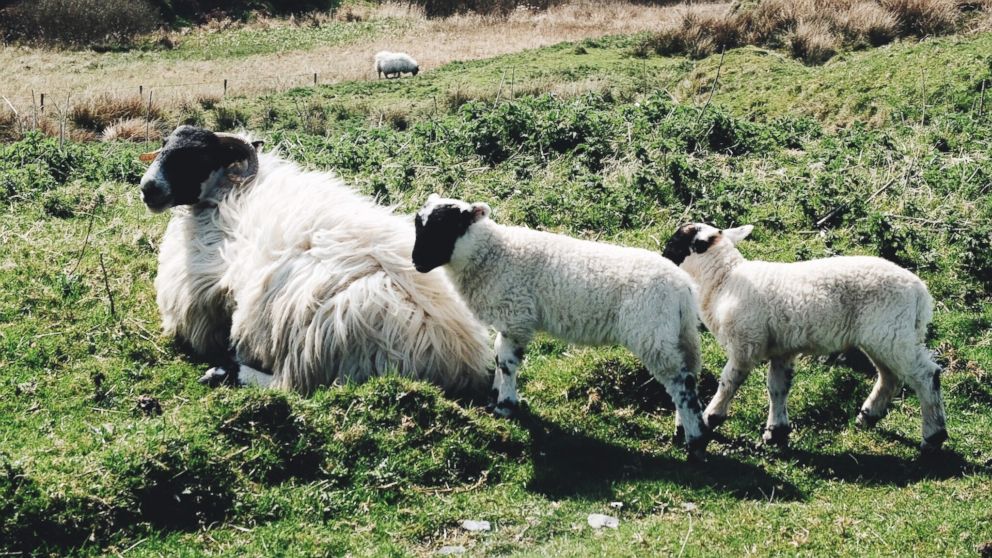An American hunter provokes online outrage with photos of a goat hunt in Scotland
LONDON -- Scottish government officials will be reviewing the nation's hunting laws after a social media post of a self-styled American “huntress” posing with a wild goat she had shot and killed went viral.
Television host Larysa Switlyk, a “professional huntress and angler” according to her Twitter bio, was widely criticized online after posting about her “fun hunt” on Isley, an island off the coast of Scotland.
“Beautiful wild goat here on the Island of Islay in Scotland,” the post said. “We hunted hard for a big one for 2 days and finally got on this group. Made a perfect 200 yard shot and dropped him with the @gunwerks and @nightforce_optics.”
I don’t like seeing it, but I’m not willing to duck the realities. If you don’t do these things you will see diseased populations, overpopulations, habitats being lost, vulnerable animals overrun by successful breeding animals.
Wild goats are legal to hunt in Scotland, but the post was criticised heavily online. It has been commented on twitter over 15,000 times, with many people saying that Switlyk was glorifying animal cruelty.
“Islay is such a beautiful part of Scotland and the wildlife are a huge part of this beauty, so for visitors to come to Scotland and glorify the hunting and killing of wild goats is abhorrent,” said Robbie Marsland, director League Against Cruel Sports, Scotland, in a statement to ABC News.
"It is sad that tourism companies are encouraging visitors to Scotland to stalk and hunt wildlife when we should instead be encouraging people to enjoy our wildlife without the need to kill it."
Nicola Sturgeon, the First Minister of Scotland and leader of the Scottish National Party, said her government would launch a review into hunting laws as a result of the controversy.
Others defended Switlyk.
James Barrington, an animal welfare consultant for a pro-hunting alliance, suggested that the government was “playing a rather cynical game” and that culling in Scotland was a part of “wildlife management.”
“I don’t like seeing it, but I’m not willing to duck the realities,” he said. “If you don’t do these things you will see diseased populations, overpopulations, habitats being lost, vulnerable animals overrun by successful breeding animals.”
Switlyk had been “left out on a limb,” he added.
It is sad that tourism companies are encouraging visitors to Scotland to stalk and hunt wildlife when we should instead be encouraging people to enjoy our wildlife without the need to kill it.
The “huntress” posted a response to her critics on Instagram, saying she was disconnecting from social media. “Hopefully that will give enough time for all the ignorant people out there sending me death threats to get educated on hunting and conservation,” she posted. Although the picture was uploaded on 22 October, it had been taken over a month ago, she said.
Switlyk did not immediately respond to ABC News’ request for comment.
A Scottish Government spokesperson said that officials “fully understand why so many people find these images of hunted animals being held up as trophies so upsetting.”
“Responsible and appropriate culling of animals is often a necessary part of sustainable land management and the culling of some wild animals, including deer and goats, is not illegal,” officials said in a statement sent to ABC news.
Still, “the Environment Secretary will review the situation and consider whether any clarification of or changes to the law might be required,” the statement said.
Hunter tourists can secure permission to hunt either through a sporting provider, or by being granted access to private land.
Country Sport Scotland, the company that oversees Scotland’s hunting tourism companies, told ABC News that the nation's country sports industry is worth nearly $200 million annually to Scotland.




